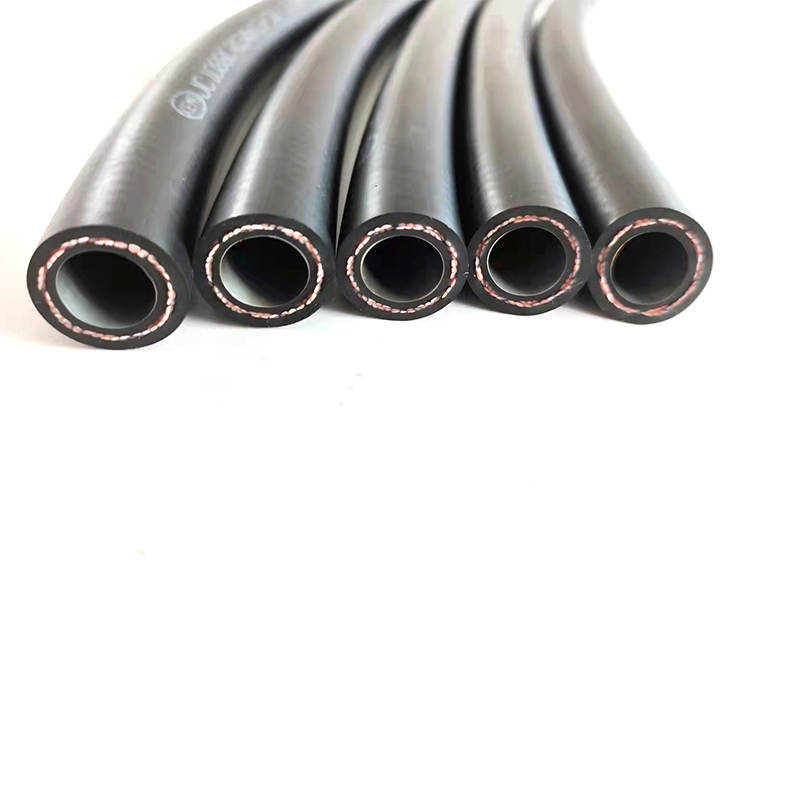car fuel lines
സെപ് . 21, 2024 17:19 Back to list
car fuel lines
Understanding Car Fuel Lines Importance, Function, and Maintenance
Car fuel lines serve as a crucial component within the vehicle's fuel delivery system, transporting gasoline or diesel from the fuel tank to the engine. Despite often being overlooked, the fuel lines are integral to ensuring that your car runs efficiently and reliably. Understanding their role, maintenance, and common issues can help vehicle owners keep their cars in top shape.
Function of Fuel Lines
The primary function of fuel lines is to facilitate the movement of fuel throughout the vehicle. They are made from various materials, including rubber, metal, or plastic, depending on the vehicle's design and model. These lines are designed to withstand the harsh conditions within the engine compartment, including exposure to heat, pressure, and corrosive fuels. Fuel lines are typically categorized into two types supply lines, which carry fuel from the tank to the engine, and return lines, which return excess fuel to the tank.
Importance of Fuel Lines
The importance of fuel lines cannot be understated. A properly functioning fuel line ensures that the engine receives an adequate supply of fuel for optimal performance. Fuel lines also help maintain the necessary pressure within the fuel system, allowing for efficient combustion. A damaged or clogged fuel line can lead to a variety of problems, such as stalling, poor acceleration, or decreased fuel efficiency. In severe cases, a fuel leak can pose a fire hazard, making regular inspection and maintenance of fuel lines imperative for vehicle safety.
Common Issues with Fuel Lines
Despite their robust construction, fuel lines are susceptible to several issues. One common problem is leaks, which can result from wear and tear, corrosion, or physical damage. Signs of a fuel leak may include the smell of gasoline, visible puddles beneath the vehicle, or reduced fuel efficiency. Another issue is clogs, which can occur when dirt, debris, or rust accumulates within the fuel lines. A clogged line can restrict fuel flow, leading to engine performance issues.
car fuel lines

Maintenance Tips
To ensure the longevity and functionality of fuel lines, regular maintenance is essential. Here are some practical tips for keeping fuel lines in good condition
1. Inspect Regularly Conduct visual inspections of fuel lines for any signs of wear, cracks, or leaks. Particularly check the connections and joints, as these areas are more prone to problems.
2. Keep the Fuel System Clean Use high-quality fuel and consider periodic fuel system cleaning to minimize deposits and maintain proper fuel flow.
3. Replace When Necessary If you notice any damage to the fuel lines, it’s crucial to replace them promptly. Consult your vehicle’s manual or a professional mechanic to determine the right replacement parts.
4. Store Properly If you have a classic car or one that will be stored for an extended period, ensure that the fuel system is emptied or treated to prevent issues with stale fuel and corrosion.
In conclusion, car fuel lines are vital for the safe and efficient operation of vehicles. By understanding their function, common issues, and maintenance practices, car owners can enhance their vehicle's performance and longevity. Regular inspections and timely repairs can prevent more significant problems down the line and ensure that your car runs smoothly for years to come.
